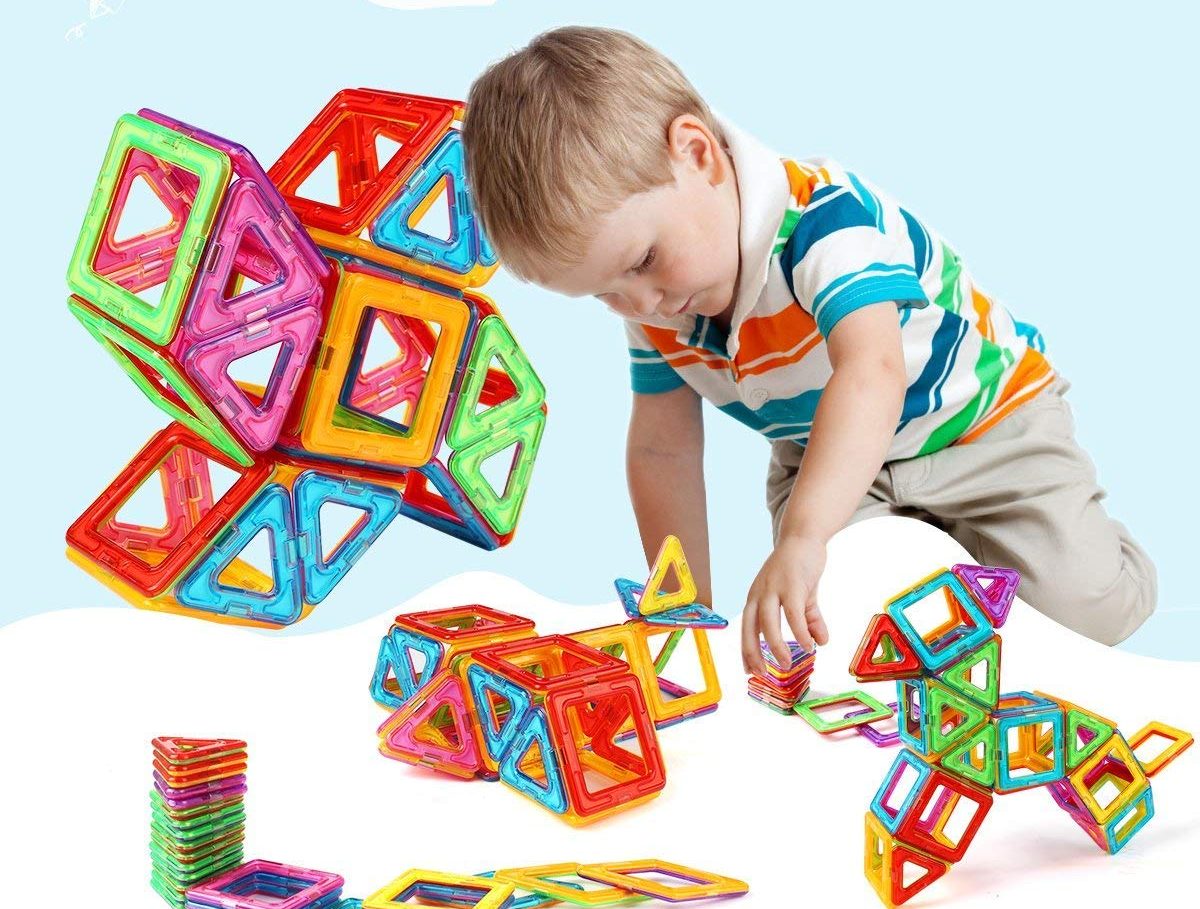Singing nursery rhymes and kids songs to children as little as baby has a couple of benefits. There are many ways that an adult either a teacher or a parent can make this type of learning fun and connecting. The use of kids songs and nursery rhymes to induce understanding and improve communication among children has been there for centuries now.
Am actually sure if you are asked to recite a rhyme from your childhood you would be able to do so. Regardless of many ideas and language barriers in the world, the use of such songs has been a very common idea.
Children and adults love these types of music. There are several reasons why this should be a common phenomenon for you and your children.
Creates a fun experience
Nursery rhymes create a fun experience for children. This is essentially what makes them engage well with others and also be able to control their emotions. If they can be able to sit down and participate, then this will be fun. Though, when you are teaching kids song, it’s important to note that children will only sit for a short period of time. This means you should choose half hour sessions.
Helps develop Child’s social skills
Nursery rhymes are also very important in developing a child’s social skill. When singing along, they have a better chance to know their peers. The children will as well be sited next to each other holding hands during the song wheels on the bus which is very ideal in improving their social lives.
Support their communication and language development
The reality of the matter is that children develop at different paces but using kids songs will greatly help improve their communication and language development. This is easier regardless of the child’s development stage. Older children may be beginning to learn to rhyme and younger children are trying to learn words. Kids songs including twinkle twinkle little star will have an effect on the kids development stage.
Learn Different sounds
Introducing children to kids songs is very influential especially to children struggling to learn different sounds. Learning different sounds is an important part of a child’s development stage. It enhances their literacy skill. Listening to different sounds in the song and the environment is a powerful base of improving their literature. The songs are fun and full of sounds and it significantly turns children into these sounds.
Songs help children learn how sounds are formed
As I have already stated, kids songs are full of sounds and hence can have some significant influence on the way children start forming sounds. For this reasons, introducing children to music can have some influence on the way children start forming sounds.
It creates a close relationship between the kid and an adult
During music sessions, adults always sing along with kids and at the same time participate in dancing and holding hands. This bridges the gap between the adult and the kid. The adult whether a teacher or a parent will lower themselves to blend with the children as they sing. This means that the child will feel as if they are in the same level with their seniors.
It improves the child’s confidence
Introducing children to kids’ songs helps them value language, different accents and also become confident learners. They will actually become confident with their communication, sounds and vocabularies. If they are singing together, this also becomes a good base for them to learn together and at the same time feel confident when asking questions or learning.
Children also learn different beats and rhythms
Different songs have different beats and rhythms which mean children will be in a better position to learn them. This helps them discover their talents and be confident enough to use them. As a matter of fact, most children realize their talents when they are still very young.
The above are some of the main benefits of introducing children to kids’ songs. There are many other reasons why children should be part of a singing session from as young as six months. With music, they can learn numbers and at the same time learn some simple mathematic formulas.



